- HOME
- ABOUT
- RESEARCH
- INSIGHTS & HAPPENINGS
- JOIN US
- CONTACT US
-

Alzheimer’s disease : Alzheimer’s disease is a neurodegenerative condition that progressively destroys brain cells and causes brain atrophy.
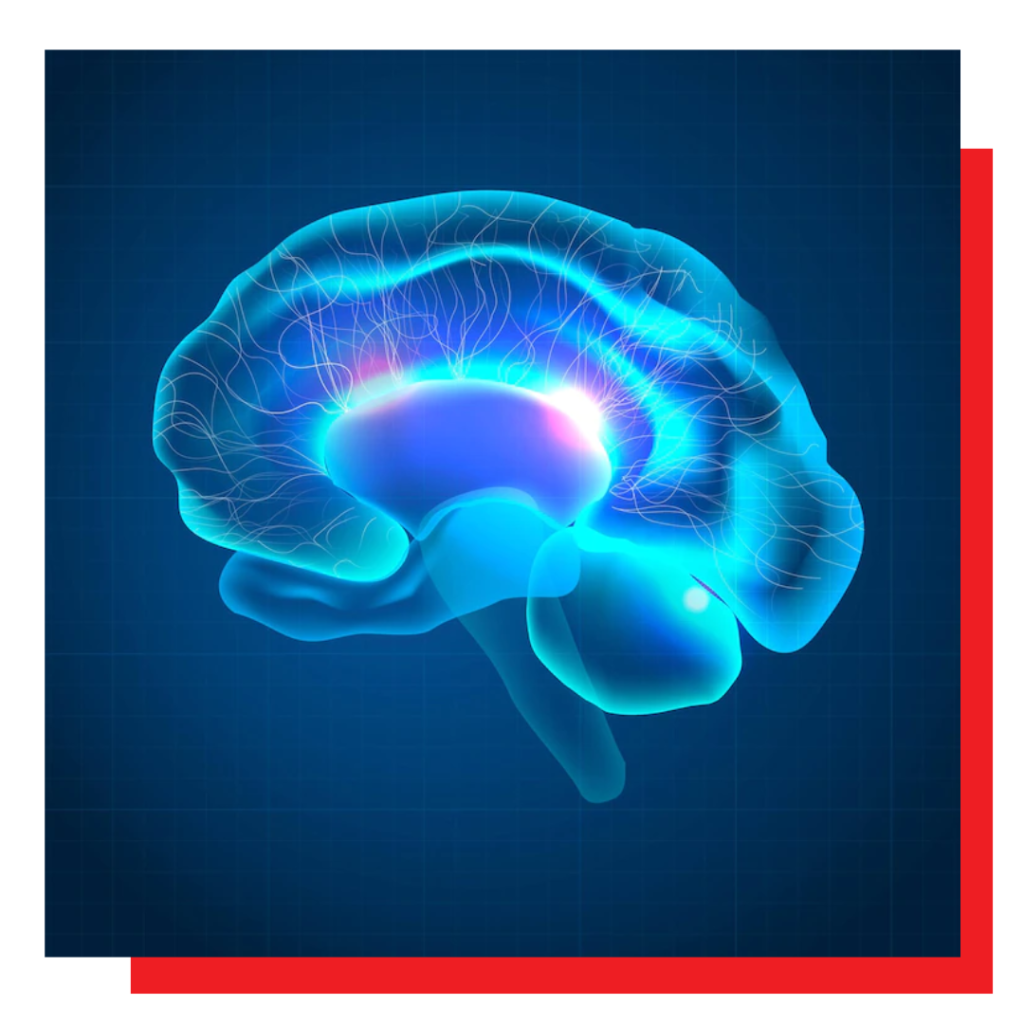
Memory loss and cognitive impairment are common symptoms of Alzheimer’s disease (AD), a progressive neurological disorder.
The most common form of AD is late-onset, in which individuals are typically diagnosed after the age of 65. However, there is also early-onset Alzheimer’s, which affects individuals under the age of 65 and is typically identified in individuals in their 40s or 50s.
Another type of AD is familial Alzheimer’s disease (FAD), which is caused by inherited genetic mutations. FAD accounts for less than 1% of all AD cases and is often the cause of early-onset AD.
Some of the symptoms experienced by individuals with Alzheimer’s include
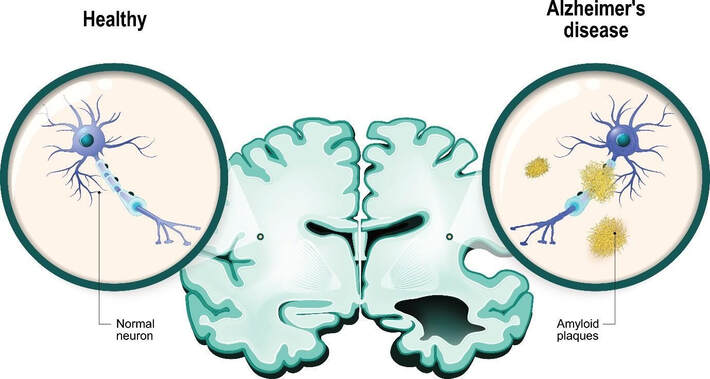
Aducanumab
Amyloid-Related Imaging Abnormalities (ARIA), can lead to fluid buildup or bleeding in the brain; also headache, dizziness, falls, diarrhea, confusion.
Donepezil
Nausea, vomiting, diarrhea, muscle cramps, fatigue, weight loss.
Memantine
Dizziness, headache, diarrhea, constipation, confusion.
CelltiX is a type of extracellular vesicle from Umbilical Cord-Derived Mesenchymal Stem Cells (MSCs) manufactured in a cGMP-compliant facility.
It is a novel form of a major paracrine factor released by MSCs into a culture medium, which plays an important role in a wide range of biological processes.
CelltiMax is a product derived from human umbilical cord-derived Mesenchymal Stem Cells (MSCs). The cells are cultured, then administered to the patient via intramuscular or intravenous injection. They have the ability to differentiate into specialized cells with specific functions for various parts of the body, and can reduce inflammation, repair, renew, regenerate, and replace damaged cells.
Accelerates healing
Reduced inflammation
Eliminates pain and inflammation
Supports metabolic function
Avoids the need for surgery
Improves brain health
Enhances collagen production
Reduces chronic pain
Decrease nerve damage
Enhances tissue regeneration
Less invasive procedure
Boost immune health
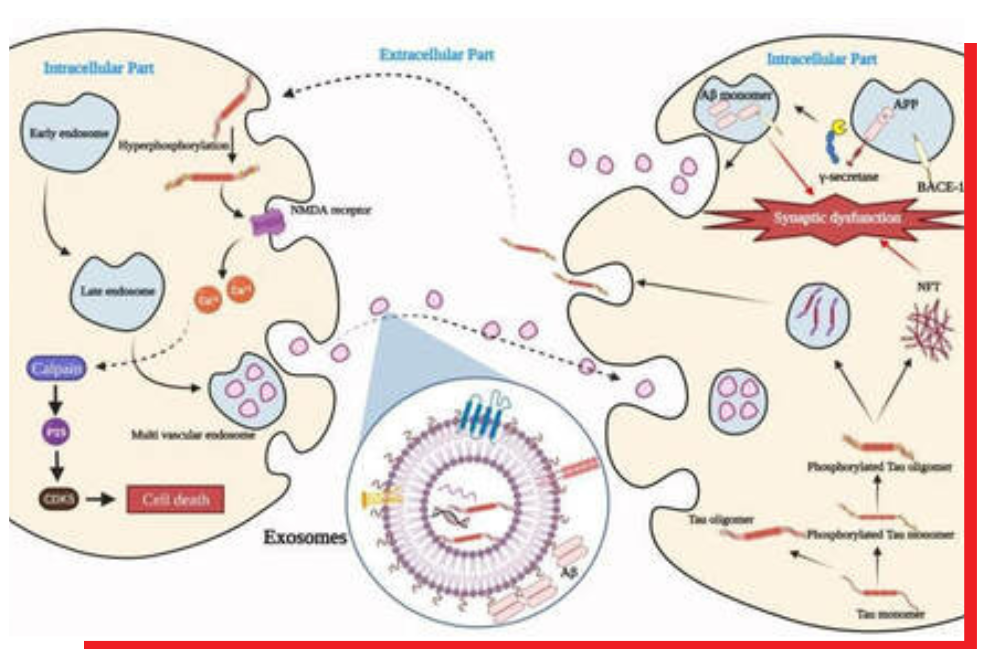
Figure 4 The pathological role of exosomes in Alzheimer
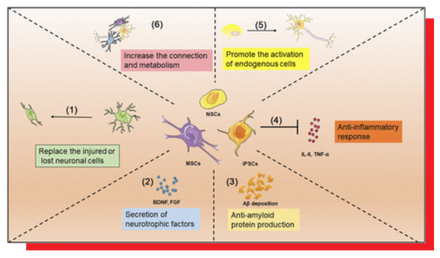
Figure 3 illustrates the stem cell mechanisms of action to treat Alzheimer’s disease
If you believe that our treatment options may be able to improve your condition and enhance your quality of life, please contact us to schedule a complimentary consultation with one of our in-house clinical specialists. Our consultations are available in both Malay and English language.





Review your medical history & recent evaluations
Explore what your treatment package might look like
Answer any questions you have about us
Answer any questions you have about the therapies
Discuss practical next steps,
if you feel we can effectively treat you

Established in 2010, Cell Tissue is a Malaysian advanced medical technologybased company, a spin-off of the National University of Malaysia (UKM), one of the country’s leading universities and research institutes.
Cell Tissue is known as Malaysia’s FIRST Tissue Engineering Firm, awarded by the prestigious Malaysian Book of Records in 2016, operated in a certified Current Good Manufacturing Practice (cGMP) laboratory following PIC/S standards by the National Pharmaceutical Regulatory Agency (NPRA), a division of the Ministry of Health Malaysia.
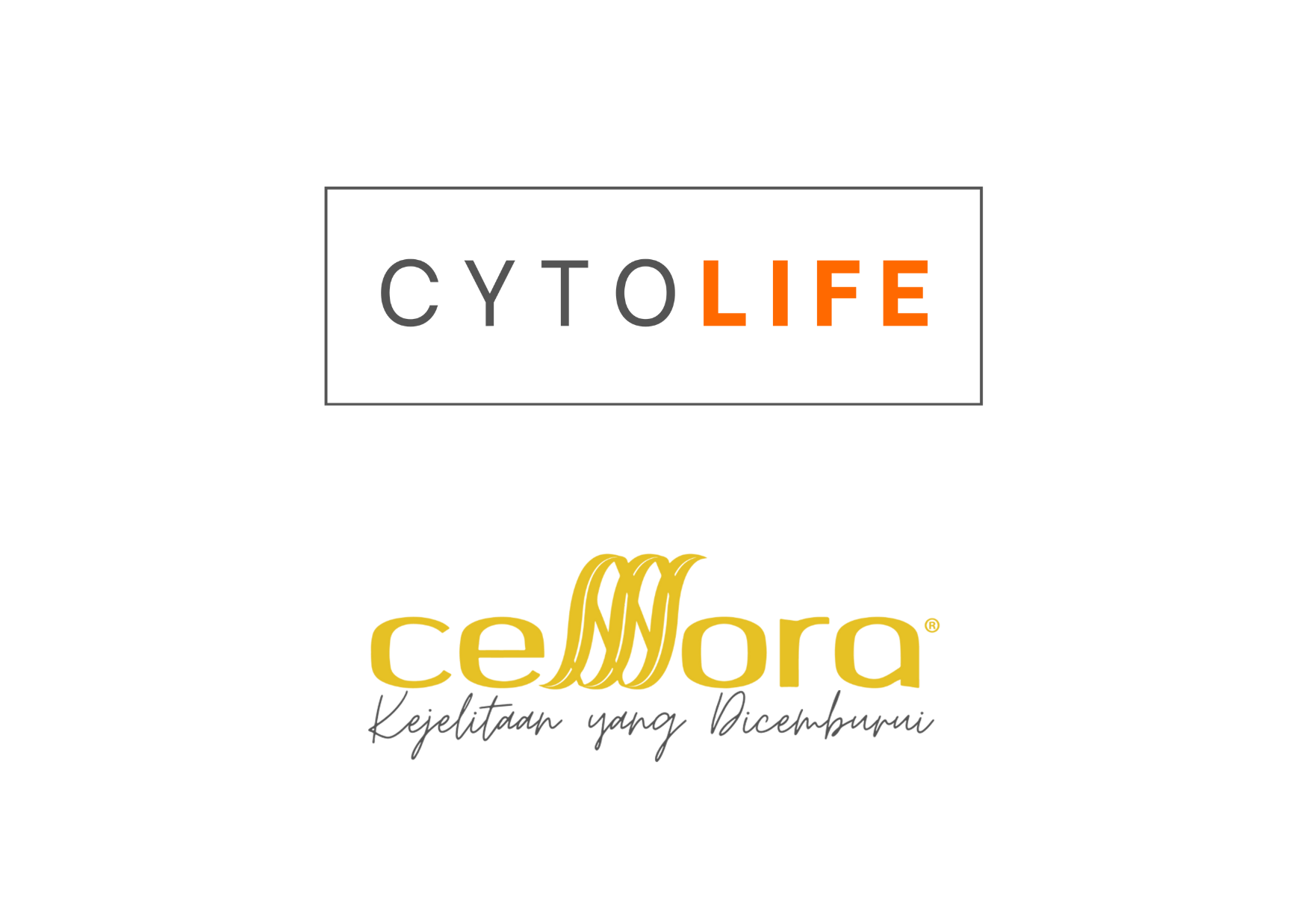

Proudly powered by CTTSB © 2010-2024 Cell Tissue Technology Sdn Bhd, a Universiti Kebangsaan Malaysia spin-off Company. – All rights reserved.